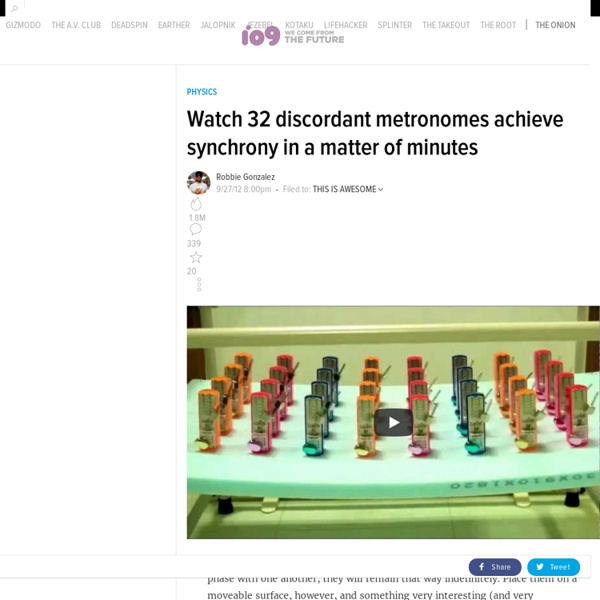



Why Music is Important: The Economic Answer - The Huffington Post The London School of Economics is no slouch when it comes to understanding the real world in all its fiscal glory (or calamity). Several of its researchers have been working with three of the top music schools in London--the Royal Academy, the Royal College, and the Guildhall in producing an economic impact report on the three schools, their work, influence, and general financial contribution. It makes good reading and provides a forceful argument for current and future government investment in the three schools (now at £12.6 million or $19.1 million). So, what are the study's conclusions? Added together, all this activity comes to £700 million or $1.06 billion of value added in 2010 alone. The costs to government of advanced musical training at these three conservatoires should be seen as a modest investment that helps generate very large benefits for the London and UK economies. The study also hints at a 21st century redefinition of the role of trained musician.
The benefits of a classical education at Highbury Grove In the 1990s standards fell, and by the turn-of-the-century, thanks to an undercover TV reporter posing as a supply teacher, the school, by now mixed, became a byword for failure. “Ten years ago, it was appalling,” says Brown candidly. “And that wasn’t just what Ofsted said, it was what the local community felt. Parents would do anything rather than allow their children to come here.” That was when the fightback began. And she took that one stage further. With the ongoing support of the Charles Wolfson Charitable Trust, which provides the instruments and covers the extra costs that otherwise would be beyond the standard state school educational budget, Highbury Grove has been working away to build up this radical programme for six years. Music is at the heart of the curriculum. But wouldn’t electric guitars, synthesisers and computer-generated sounds be more familiar, and perhaps more appealing, to the pupils than classical music and the traditional instruments of the orchestra?
Statutory Induction for Newly Qualified Teachers (NQTs) in England This statutory guidance is for: headteachers school staff local authorities governing bodies It applies to: maintained schools academies and free schools pupil referral units independent schools sixth-form colleges further education colleges The guidance covers settings which: are required to offer induction to their newly qualified teachers choose to offer induction to their newly qualified teachers This guidance relates to The Education (Induction Arrangements for School Teachers) (England) Regulations 2012. This updates and replaces the statutory guidance which accompanied the Education (Induction Arrangements for School Teachers) (England) Regulations 2008. The assessment forms which schools should use to carry out their statutory induction of newly qualified teachers are also available from this website.